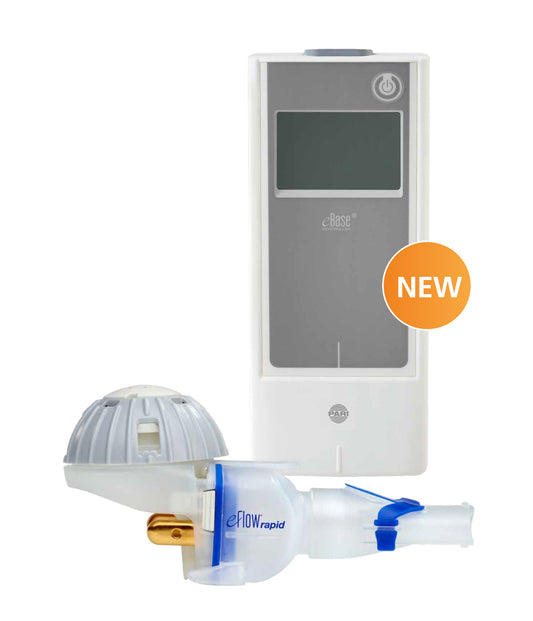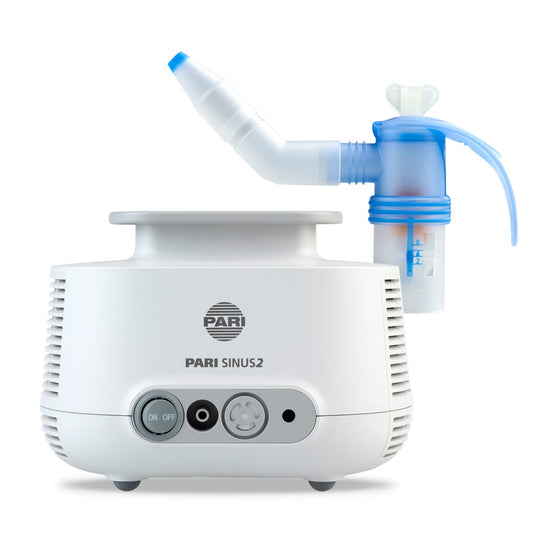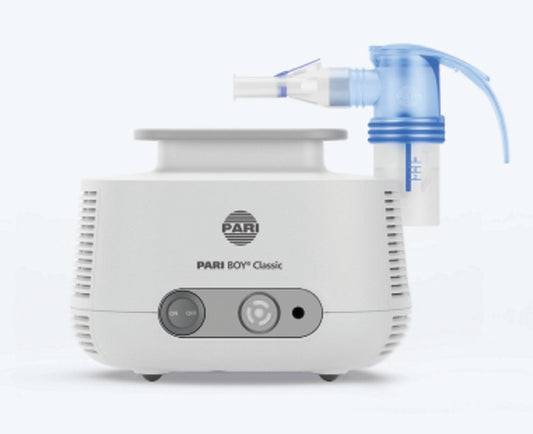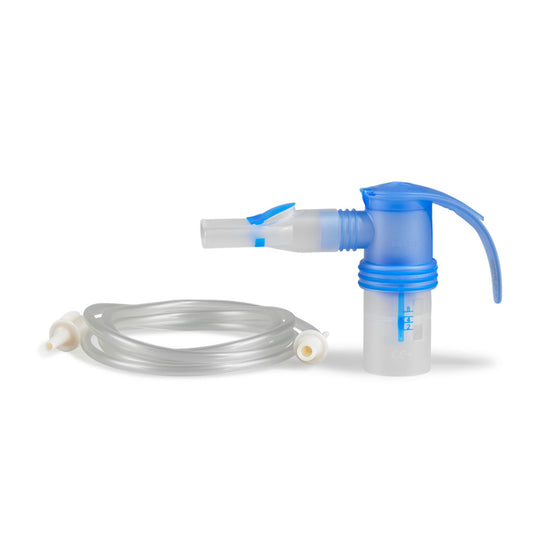Sinusitis, an inflammation of the sinus cavities, can be an acutely uncomfortable condition, often requiring precise diagnosis and targeted treatment. Recognizing the signs of sinusitis and understanding the best treatment options is crucial for those afflicted.
Recognizing the Signs of Sinusitis
Identifying sinusitis involves noting several key symptoms, which can include:
- Persistent nasal congestion or blockage
- Thick nasal mucus
- Postnasal drip
- Facial pain or pressure, especially around the nose, eyes, or forehead
- Reduced sense of smell and taste
- Coughing, particularly worsening at night
In addition to these primary symptoms, supporting signs can help in the diagnosis:
- Fever
- Fatigue
- Dental pain
- Ear pressure or fullness
- Diagnosis of Sinusitis
When patients present with these symptoms, healthcare providers follow a specific protocol to diagnose sinusitis:
Medical History: A detailed account of symptoms and their duration is critical.
Physical Examination: A doctor will often inspect the nasal passages for signs of inflammation.
Endoscopy: For recurring or chronic cases, a nasal endoscope may be used to look directly inside the sinuses.
Imaging Tests: CT scans or MRI scans can be utilised to provide detailed images of the sinus cavities, particularly in chronic sinusitis.
Allergy Testing: Since allergies often contribute to sinusitis, allergy tests can be beneficial.
Mucus Culture: In cases where a bacterial infection is suspected, a mucus sample might be taken for culture.
Evidence of Chronic Disease
Chronic sinusitis may be diagnosed if symptoms persist for more than 12 weeks and are accompanied by evidence of inflammation, despite treatment efforts. This condition warrants a more comprehensive treatment approach, often involving a combination of therapies.
Effective Treatments for Sinusitis
Once diagnosed, the treatment for sinusitis may include:
Nasal Saline Irrigation: To flush out mucus and allergens.
Steam Inhalation or Warm Compresses: To reduce mucus viscosity and sinus pressure.
Medications: Including nasal decongestants, antihistamines for related allergies, nasal corticosteroids to reduce inflammation, and antibiotics for bacterial infections.
Surgery: In severe or chronic cases that do not respond to other treatments, surgery to clear the sinuses may be necessary.
PARI's Role in Treatment
PARI provides a range of nebulisers and inhalation solutions that can be integral to sinusitis treatment plans, particularly in delivering moist air to the sinus cavities to aid in symptom relief.
Early recognition and diagnosis of sinusitis are key to preventing complications and chronic disease development. With appropriate treatment, including the use of inhalation therapies from PARI, individuals suffering from sinusitis can achieve significant relief and improve their quality of life. Persistent or severe symptoms should be evaluated by a healthcare professional to determine the best course of action.




